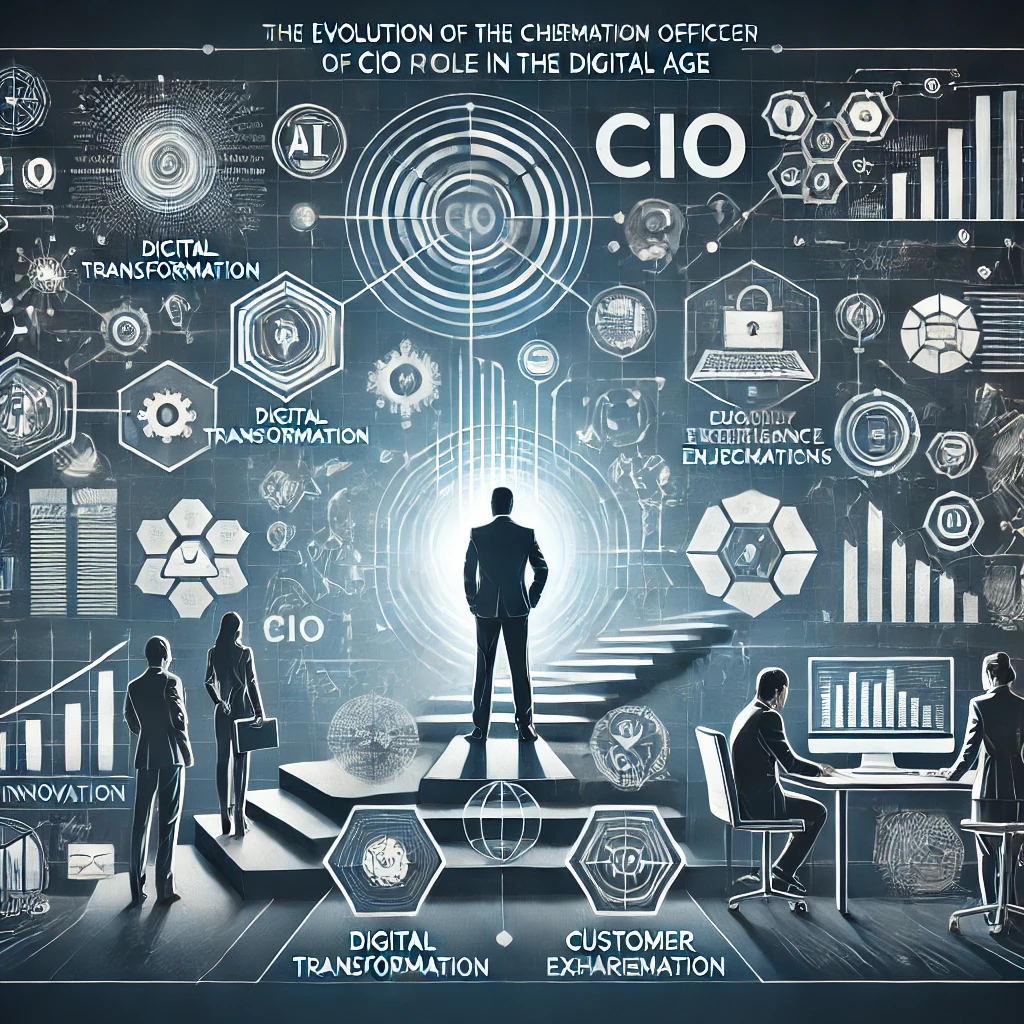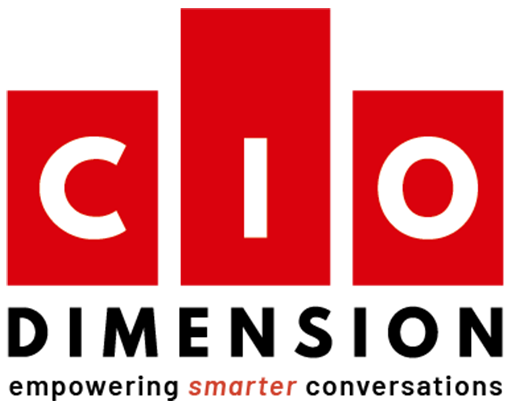
The role of the Chief Information Officer (CIO) has undergone a profound evolution, particularly in the context of India’s rapidly advancing digital landscape. Traditionally, CIOs were primarily responsible for managing IT infrastructure and operations. However, as organizations increasingly recognize the strategic importance of technology, the CIO’s role has expanded to encompass broader responsibilities that directly impact business outcomes.
Today’s CIOs are not just technologists; they are integral members of the executive leadership team, contributing to strategic decision-making processes. They are expected to align IT initiatives with overall business objectives, driving digital transformation and fostering a culture of innovation within their organizations. This shift is evident in a recent study indicating a 33% increase in the hiring of Chief Digital and Information Officers (CDIOs), reflecting a trend toward integrating digital strategy with traditional IT management3.
The modern CIO must possess a multifaceted skill set that includes not only technical expertise but also business acumen, leadership capabilities, and a deep understanding of customer needs. They are tasked with bridging the gap between technology and business, ensuring that IT strategies enhance customer experiences and create tangible business value12. This evolution is crucial as organizations face increasing cyber threats; thus, CIOs also play a vital role in safeguarding digital assets while collaborating closely with Chief Information Security Officers (CISOs) to ensure comprehensive security measures2.
Moreover, as GCCs (Global Capability Centers) in India mature, they are becoming hubs for innovation and strategic growth. CIOs are leading efforts to leverage advanced technologies such as AI and IoT, positioning their organizations to meet global market demands effectively5. The emphasis on continuous learning and adaptability is paramount for CIOs aiming to navigate the complexities of today’s digital economy.
In conclusion, the transformation of the CIO role reflects broader changes in how businesses view technology—not merely as a support function but as a critical driver of success in the digital age. As this evolution continues, CIOs will remain at the forefront of shaping their organizations’ futures.







